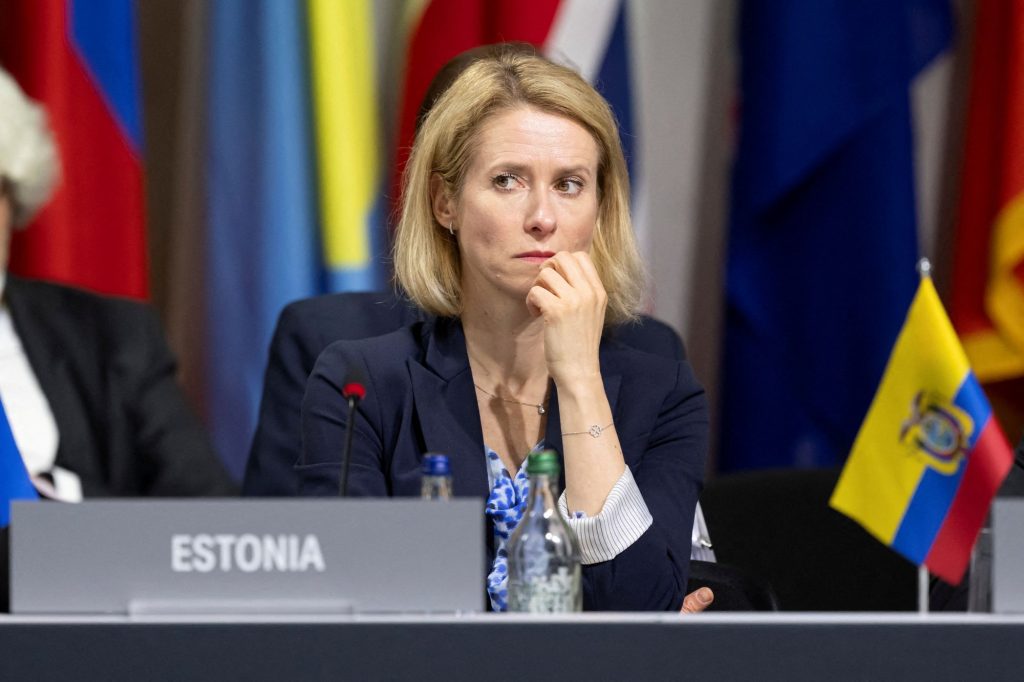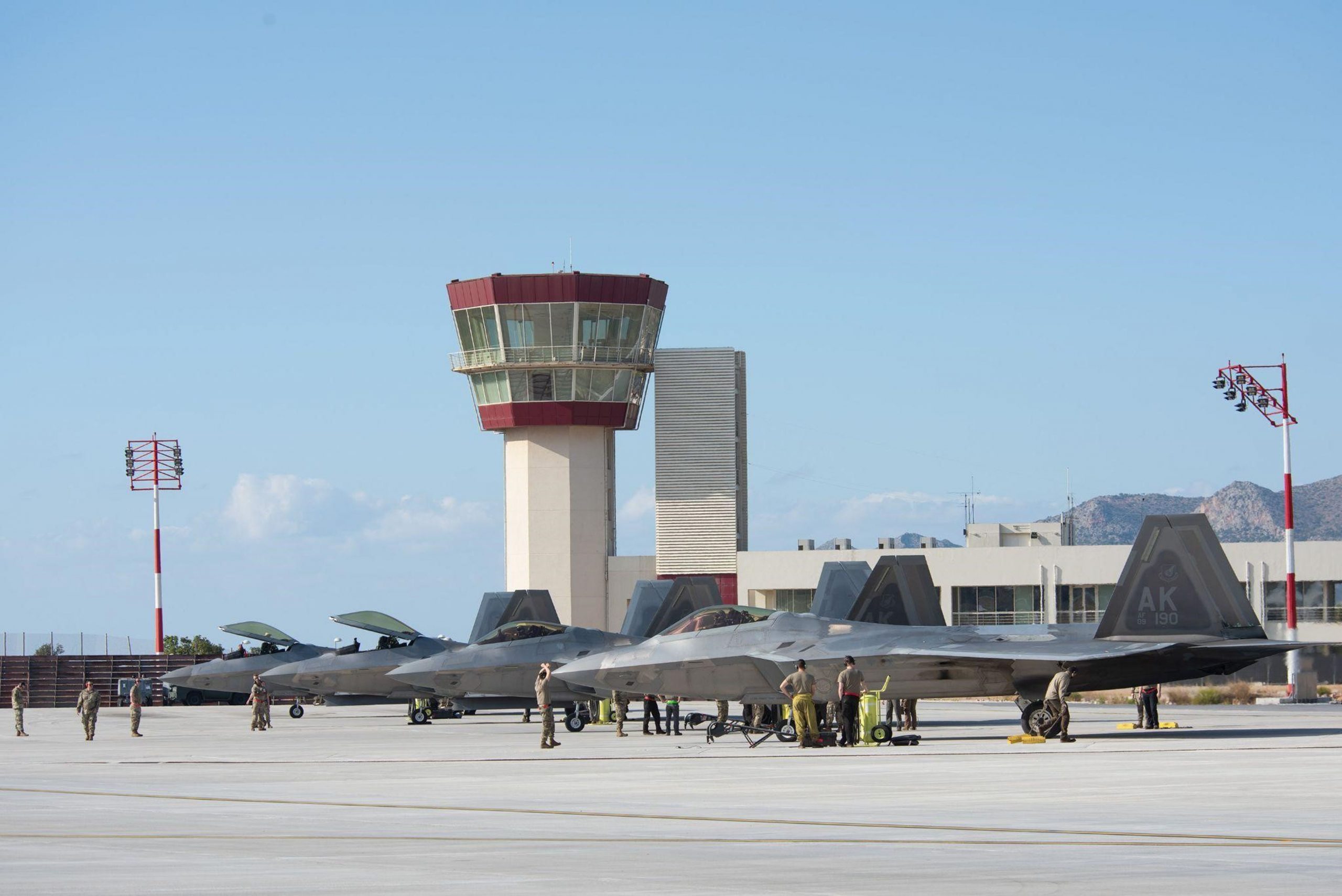The EU has recently presented the SAFE regulation, which outlines the criteria for distributing €150 billion in loans to member states for defense investments. A key question is which non-EU countries will be eligible to take part via joint ventures with European firms.
For the SAFE regulation to pass, it needs a qualified majority vote among member states. In contrast, any formal defense agreement between the EU and a third country would require unanimous approval.
What the SAFE Proposal Says
Article 17 of the proposal clarifies that the EU may form bilateral or multilateral defense partnerships with candidate countries (excluding Ukraine), potential candidates, and other third countries with which it has signed Security and Defense Cooperation Agreements, to determine eligibility for EU defense programs.
In response to a question from To Vima, EU sources confirmed that Turkey can contribute up to 35% of a defense product. For anything above that threshold, a formal EU-Turkey defense agreement would be required. “To increase industrial participation beyond 35%, a security and defense partnership and subsequent association agreement are necessary,” the sources said.
Greece and Cyprus Push Back
At last week’s informal EU Council on Foreign Affairs and Defense, Greek Defense Minister Nikos Dendias urged fellow ministers to carefully consider which non-EU countries can participate in such initiatives.
“It makes no sense for countries that threaten EU member states to be involved in building Europe’s defense architecture,” Dendias said — a clear reference to Turkey.
While Greece is expected to seek amendments to tighten the framework around Turkey’s participation during SAFE negotiations, it may not be able to secure the required majority. However, Athens is relying on the EU’s Strategic Compass and its provisions regarding Turkey’s candidacy and bilateral relations with Greece and Cyprus to influence the discussion.
Greece also pushed for and succeeded in inserting language into the EU Defense White Paper that explicitly states the EU will always act “in a manner that does not affect the specific character of the security and defense policy of certain Member States, and taking into account the security and defense interests of all Member States.”
Diverging Interests Within the EU
Diplomatic sources noted that several Eastern European countries — especially Poland and the Baltic states — are keen to acquire Turkish defense equipment due to its affordability and proven battlefield effectiveness.
However, if Turkey seeks a formal defense agreement with the EU to exceed the 35% participation cap, Greece and Cyprus would retain veto power.
Asked to comment on Dendias’ remarks in Warsaw, a European Commission source told To Vima: “The Commission cannot comment on what member states may choose to do.”




